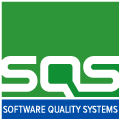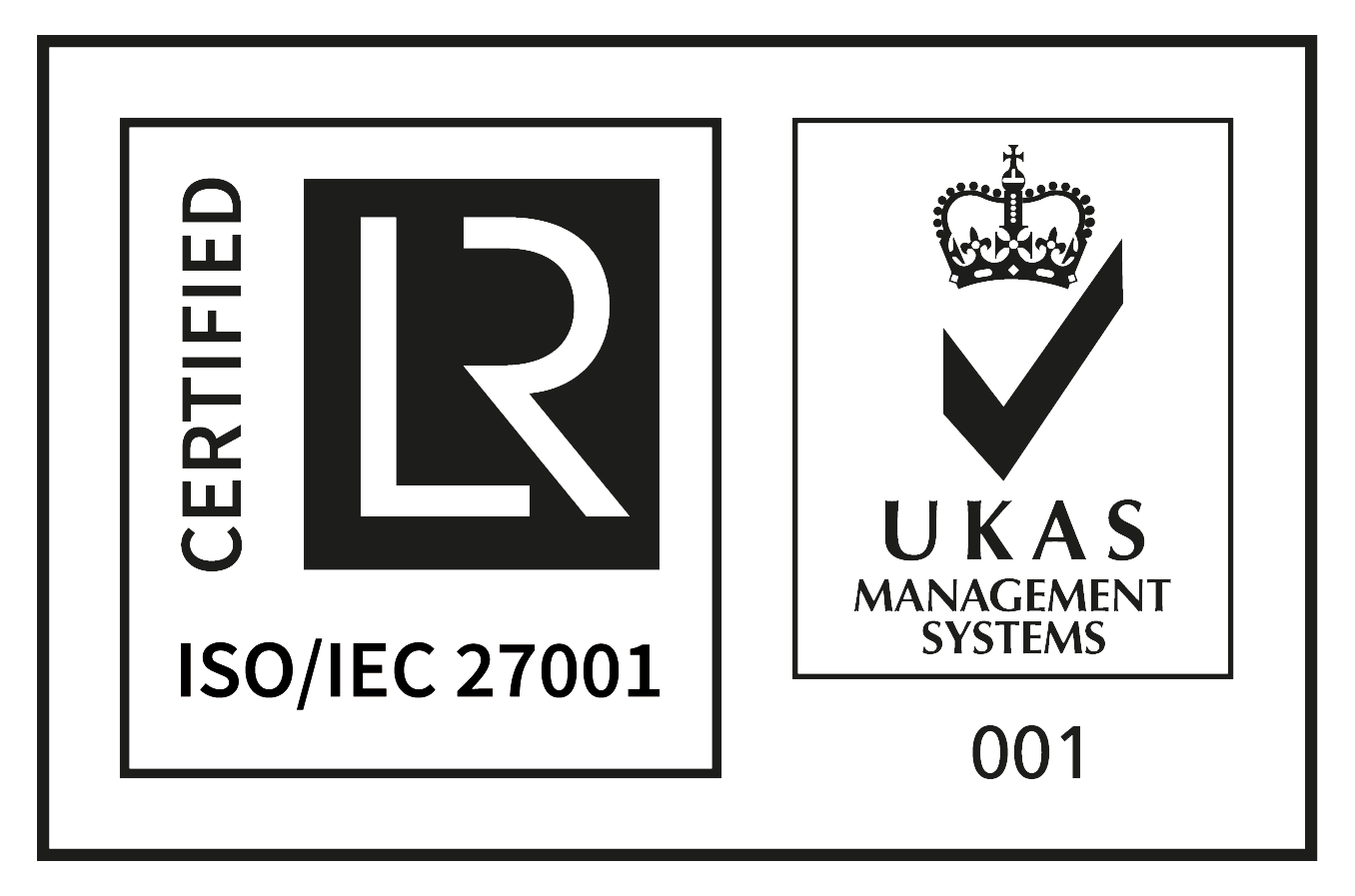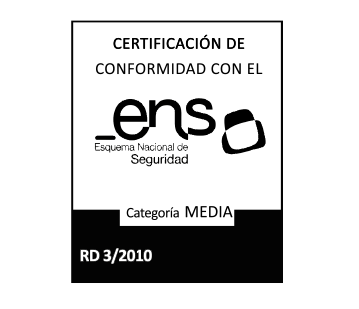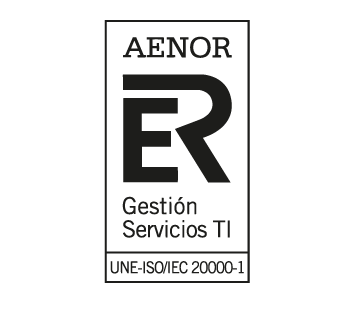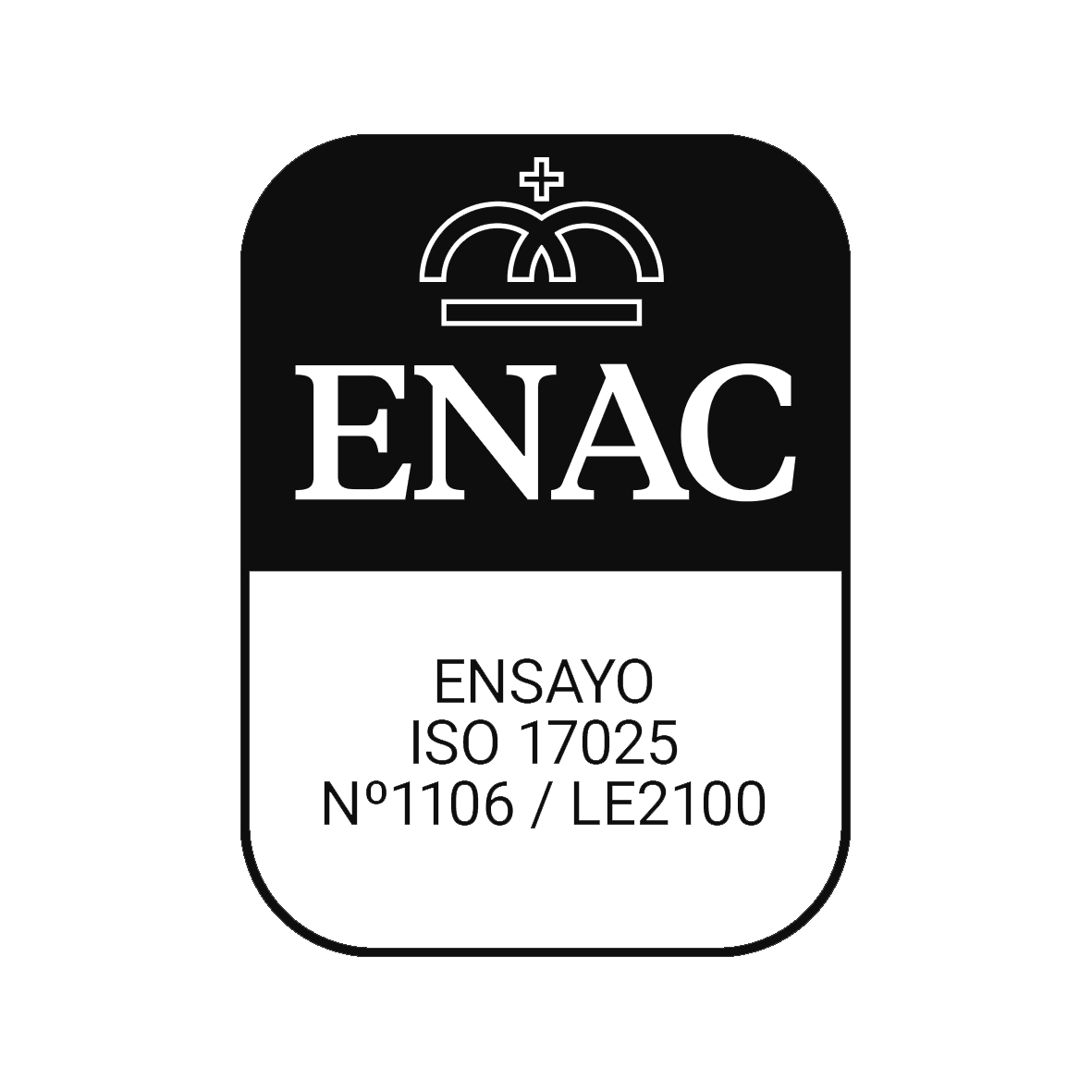Medical Device Validation incorporating Artificial Intelligence
The validation of medical devices incorporating artificial intelligence (AI) is a critical process that ensures the safety and efficacy of these devices in their clinical use. This process involves several steps and the collaboration of different regulatory entities, developers, and health and technology experts.
Regulatory entities, such as the FDA in the United States and the EMA in Europe, establish specific regulations for the validation of AI-based medical devices. These regulations require compliance with certain safety, efficacy, and quality standards. Before a device can be approved, it must undergo rigorous safety testing, including the evaluation of potential risks, such as algorithm errors, cybersecurity vulnerabilities, and data integrity. Patient safety is paramount, and any potential failures must be identified and mitigated.
European Artificial Intelligence Regulation
The regulation of artificial intelligence (AI) in Europe is being addressed in a comprehensive manner to ensure that its development and use are safe, ethical, and beneficial to society. The European Commission has proposed a series of measures and regulations with the aim of creating a legal framework that promotes innovation while protecting the fundamental rights of citizens. This regulation proposes a risk-based approach to regulating AI applications, categorizing them into four main levels:
- Unacceptable Risk: These AI applications are prohibited due to their potential to violate fundamental rights. Examples include government-run social scoring systems and AI applications that manipulate human behavior in a harmful way.
- High Risk: Includes AI applications that can significantly affect people’s safety or fundamental rights, such as AI systems used in critical infrastructures (e.g., transportation), medical devices, education, employment, public services, and the judiciary. These systems must meet strict requirements before they can be marketed, including a conformity assessment, documentation and transparency requirements, and the implementation of risk management measures.
- Limited Risk: Includes AI systems that require certain transparency obligations, such as chatbots that must inform users that they are interacting with an AI. These systems are not subject to the same stringent restrictions as high-risk systems, but they must still be transparent in their operation.
- Minimal or No Risk: Most AI applications fall into this category and are not subject to specific regulations under the proposed law. These applications include AI-powered spam filters or video games.
Medical Device Validation with Artificial Intelligence
Medical devices that integrate artificial intelligence (AI) would generally be categorized as high risk under the proposed European Union Artificial Intelligence Regulation. This classification stems from the potential of these devices to significantly impact patient health and safety, along with fundamental human rights.
AI-integrated medical devices, encompassing diagnostic systems, surgical assistance tools, and health monitors, exert a direct influence on clinical decisions and, consequently, patient health and safety. A malfunction or an erroneous AI-driven decision could have severe consequences. Given their potential impact, these devices must adhere to stringent requirements before commercialization. This entails conducting rigorous conformity assessments, comprehensive testing, and maintaining adequate technical documentation.
Transparency in the operation of AI systems employed in medical devices is paramount, enabling human oversight and intervention. Healthcare professionals must be equipped to comprehend and, if necessary, intervene in decisions made by AI. Manufacturers must implement robust risk management systems to address potential system failures, data biases, and cybersecurity vulnerabilities. This is crucial to ensuring that devices operate safely and effectively in all circumstances.
Medical devices classified as high risk under the proposed regulation must also meet several key requirements. Devices must be evaluated to ensure that they function safely and effectively in a clinical setting. AI algorithms must be trained with high-quality, representative data to avoid bias and ensure accurate results. In addition, there must be detailed technical documentation that explains the operation of the AI system, its development and tests carried out. Furthermore, the devices must be registered in an EU database and be transparent regarding their use and operation. AI systems must allow monitoring and, if necessary, human intervention to ensure correct and safe decisions. Additionally, devices must be robust, secure and capable of resisting cyber attacks and other threats.
In summary, validation of AI medical devices is a complex and rigorous process designed to ensure their safety and effectiveness in clinical practice. It requires complying with strict regulations, conducting detailed clinical evaluations, ensuring data quality, and addressing ethical and transparency issues. This comprehensive approach is essential to realize the potential of AI in improving healthcare.
Scope of V&V process medical devices that incorporate Artificial Intelligence
- Preparation of the Validation and Verification Plan.
- Execution of the Validation and Verification Plan including specific validation tests of artificial intelligence algorithms.
- Algorithm validation report including traceability matrix between requirements and tests.
- Formal documentation reviews. Implementation of artificial intelligence standards.
- Training of client staff.
Contact an expert
If you want to know more about the topic or have any other type of question, do not hesitate, contact us.
Related Posts
Solicita más información
Síguenos
Aviso Legal | Política de Cookies | Contacto
© 2024 Software Quality Systems S.A. | SQS is a member company of Innovalia
